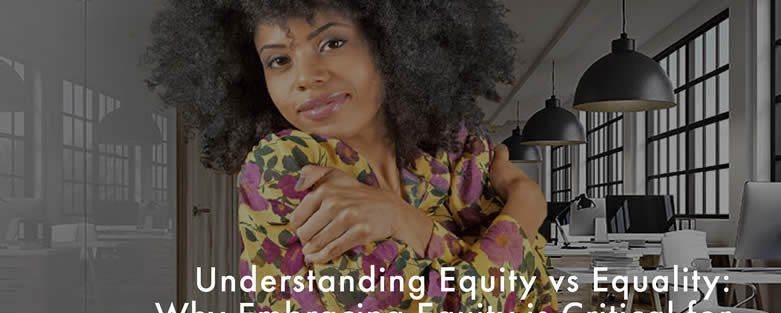Every year, on the 8th of March, we celebrate International Women’s Day. The theme for this year’s celebration is ‘Embrace Equity’ and we have been charged to not only talk and write about equity but also take action. To take action, it is imperative to understand the difference between equity and equality.
In today’s world, the terms equity and equality are often used interchangeably, but they have distinct meanings. While equality means treating everyone the same, equity involves considering the unique needs and circumstances of individuals and providing them with the resources and opportunities required to succeed.
Nowhere is this difference more apparent than in the workplace, especially when it comes to women’s roles and opportunities. Despite progress in recent years, women still face systemic barriers that prevent them from achieving their full potential in the workplace. In many cases, simply treating women equally is not enough to overcome these barriers.
To truly empower women in the workplace, we must embrace equity. This means understanding and addressing the specific challenges that women face, such as gender bias, unequal pay, and limited access to leadership roles.
One of the most critical areas where equity is needed is in the hiring and promotion process. For example, companies should evaluate their job requirements to ensure that they are not unintentionally excluding qualified women. Additionally, they should consider implementing policies and programs that promote diversity and inclusion, such as mentorship programs and flexible work arrangements.
Another area where equity is essential is in pay and compensation. Despite legal requirements for equal pay, women still earn less than men in many industries and positions. To address this issue, companies should conduct regular pay equity analyses and take steps to close any gaps that are identified. Additionally, they should consider offering benefits and perks that support women’s unique needs, such as parental leave and childcare assistance.
Finally, companies must ensure that women have equal opportunities to advance into leadership roles. This requires creating a culture that values and supports women in leadership, as well as providing training and development opportunities that help women build the skills they need to succeed.
In conclusion, while equality is a critical foundation for any workplace, it is not sufficient on its own to promote women’s success. Embracing equity means understanding and addressing the unique challenges that women face and providing them with the resources and opportunities they need to succeed. By doing so, we can create more inclusive, diverse, and successful workplaces for everyone.
Happy International Women’s Day!
#EmbraceEquity




